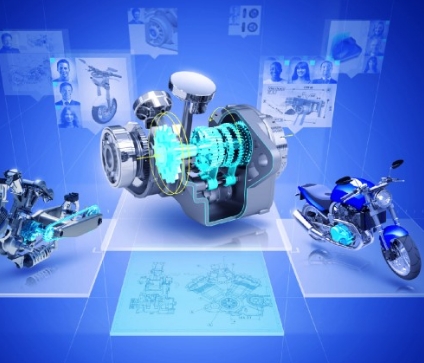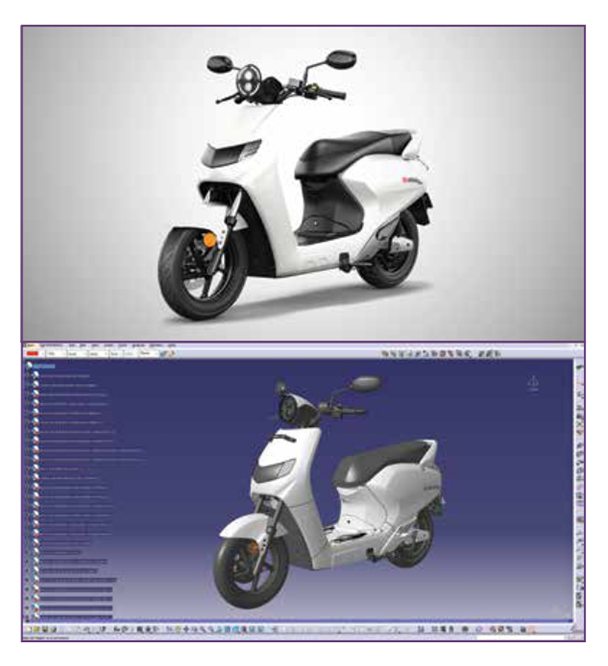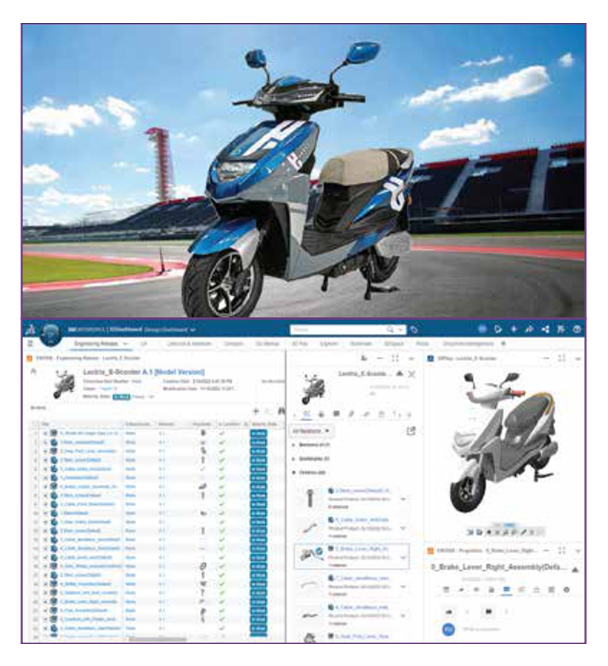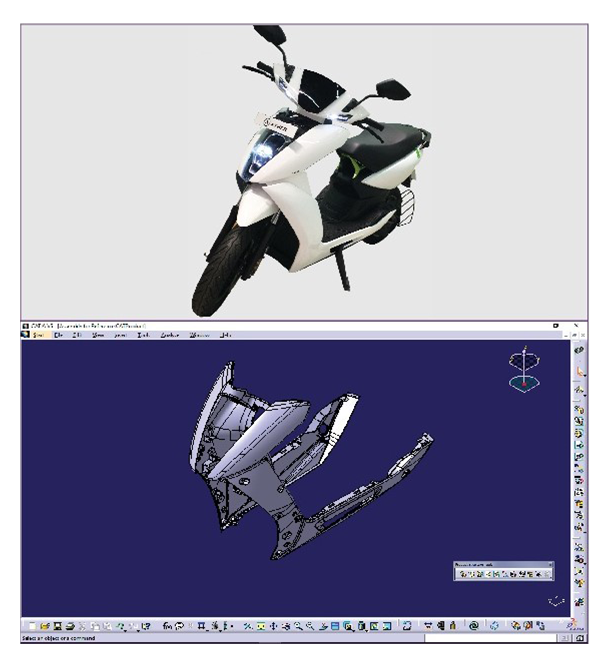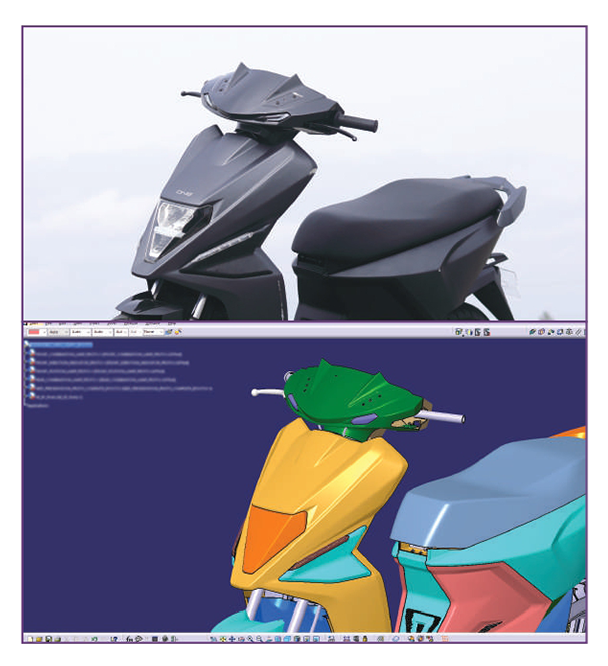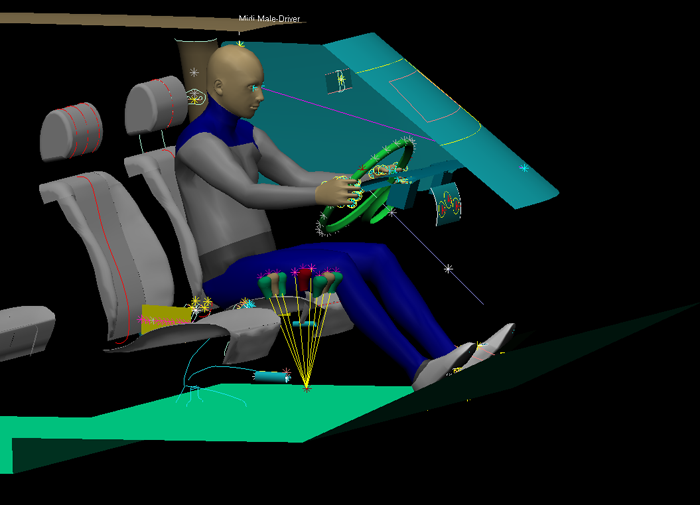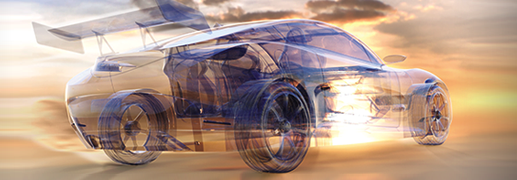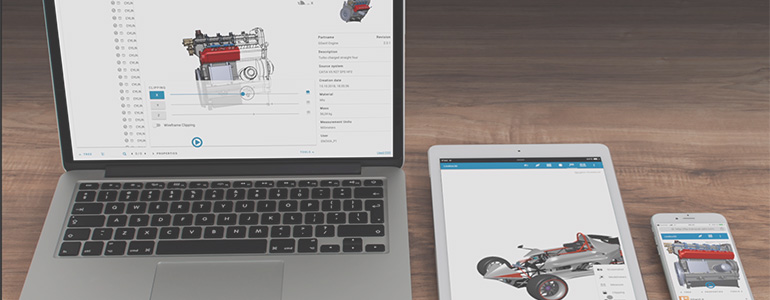Electric Vehicles
Leverage advanced technologies to streamline the development process, ensuring precision and efficiency from concept to production. With a focus on innovation, empower EV manufacturers to overcome traditional limitations, enhance performance, and accelerate time-to-market. By integrating cutting-edge tools and methodologies, deliver customized solutions that drive the future of sustainable transportation.
Solutions for Electric Vehicles

Optimize EV Battery Systems with Simulation & Systems Engineering
Effective battery management plays a critical role in maximizing the performance, safety, and lifespan of electric vehicle (EV) batteries. By leveraging system-level simulation and systems engineering, the electrical, thermal, and mechanical behaviors of EV battery systems can be optimized for maximum efficiency. Through advanced thermal management and electrical performance analysis, combined with structural simulations, the interactions of various battery components are fine-tuned for optimal operation. This integrated approach not only enhances overall performance and safety but also ensures compliance with regulatory standards, driving advancements in the EV industry.

Ensuring Design Reliability for Consistent Performance
Design reliability is a key factor in ensuring that products perform as expected throughout their lifecycle, with minimal risk of failure. In industries ranging from automotive to aerospace, electronics to consumer goods, the ability to design products that can withstand real-world conditions while maintaining performance and durability is crucial.

Real-Time Visibility in APQP & Process Adherence for Better Quality Control
Advanced Product Quality Planning (APQP) is a critical process in the automotive industry, originally developed to ensure products meet stringent OEM and consumer quality standards. Automotive suppliers often face challenges such as lack of real-time visibility, inconsistent process adherence, fragmented communication, and difficulties in managing the extensive data associated with product development.

Advanced Composite Design for High-Performance Applications
Composite materials are increasingly being used across industries like automotive, aerospace, and defense due to their exceptional strength-to-weight ratio and ability to withstand harsh conditions. However, designing composites requires specialized tools to optimize material usage, ensure structural integrity, and meet performance standards. Advanced composite design involves not only sele

Optimized EV Charging Infrastructure with Geospatial Intelligence
As electric vehicle (EV) adoption grows, the demand for a well-planned and scalable EV charging infrastructure becomes critical. Optimizing the deployment of charging stations ensures better accessibility, reduces operational costs, and enhances user convenience. By leveraging adva

Lightweighting for Enhanced Performance and Efficiency
Lightweighting is a crucial strategy for improving performance, fuel efficiency, and overall sustainability across industries like automotive, drones, electric vehicles (EVs), and consumer goods. By reducing component weight, manufacturers can enhance product performance, increase energy efficiency, and reduce emissions, all while improving durability. Achieving lightweight designs requires advanced tools that can optimize strength, material usage, and durability.

Leveraging Multibody Dynamics for Superior System Performance
Multibody dynamics (MBD) is critical for simulating interactions between interconnected rigid or flexible bodies, providing engineers with the insights needed to optimize system performance in automotive, electric vehicles (EVs), and rolling stock applications. MBD simulation allows for detailed analysis of mechanical systems, including suspension systems, powertrains, and vehicle dynamics, under real-world conditions. Accurate simulations help improve system performance, safety, and efficiency, while reduci

Streamlining Project Management with Data-Driven Insights and Collaboration
In today’s fast-paced environment, data-driven project management is essential for ensuring projects are delivered on time and within budget. By leveraging real-time data, teams can track progress, manage resources efficiently, and identify risks early. This approach enables quick decision-making, reduces delays, and optimizes project outcomes.

Enhancing Manufacturing Efficiency with Integrated Design Workflows
In today’s competitive manufacturing landscape, the integration between design and manufacturing workflows is critical for achieving higher efficiency, reduced costs, and faster time-to-market. When design and manufacturing processes are disconnected, errors, delays, and inefficiencies can arise, slowing down production and increasing operational costs. A seamless connection between these processes ensures that design intent is faithfully executed during production, improving product quality and reducing the need for rework.

Products


CATIA
Empower innovation and acclerate EV design from concept to production with world-class design tools
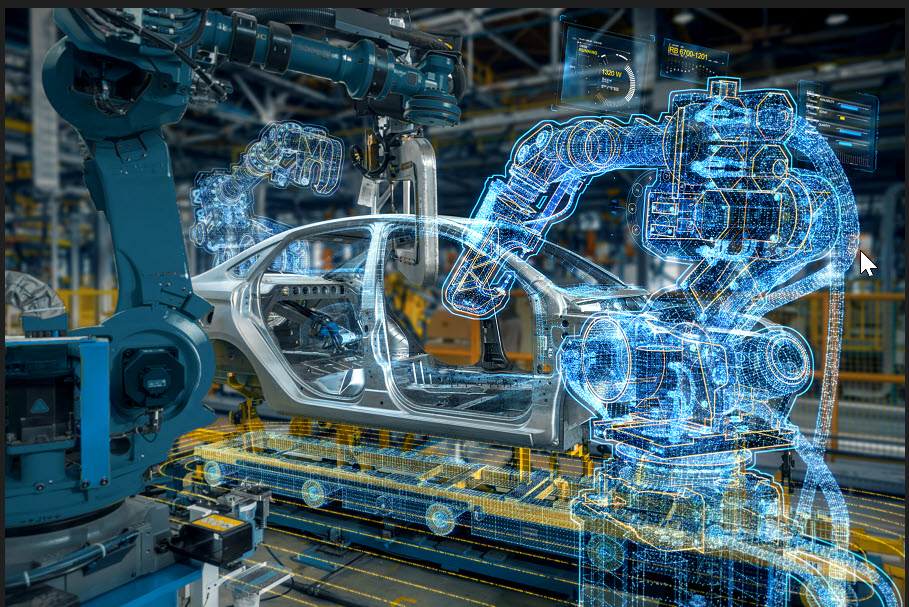

DELMIA
Streamline EV production with cutting-edge, efficient, and advanced manufacturing solutions
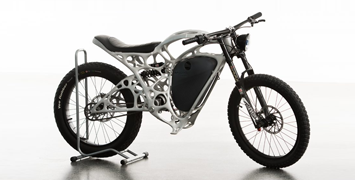

EOS 3D Printing
Accelerate prototyping and produce lightweight and durable EV parts with industrial 3D printing


ArcGIS
Empower your EV strategy with GIS tools for planning showrooms, charging hubs, and service facilities
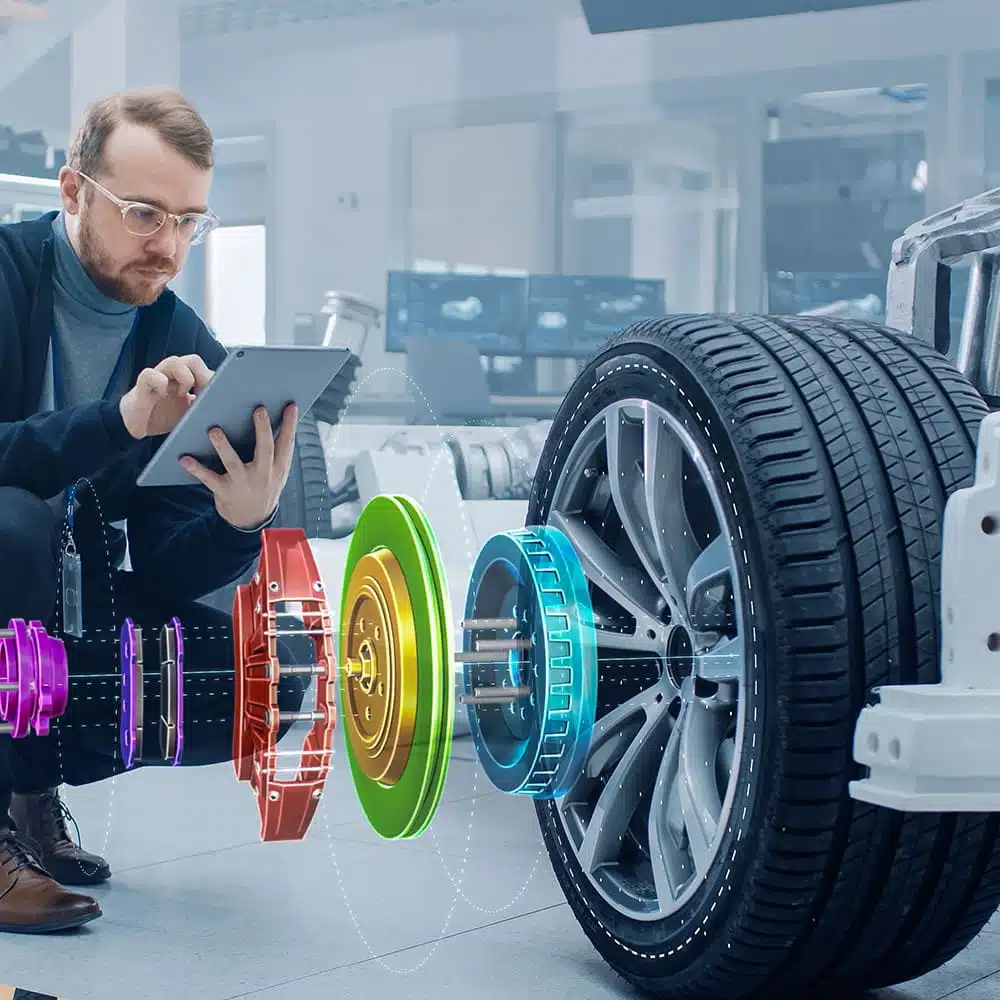

Q-Checker
Deliver reliable EV components faster with advanced design validation and efficient production


LightTools
Design cutting-edge, innovative, smart, energy-efficient, and advanced interior lighting systems for EVs


LucidShape
Design functional, stylish, high-performance, and efficient headlights and taillights for EVs with LucidShape


Synopsys Virtual Prototyping
Reduce time-to-market for EVs with comprehensive early software validation, testing, and optimization
Trends
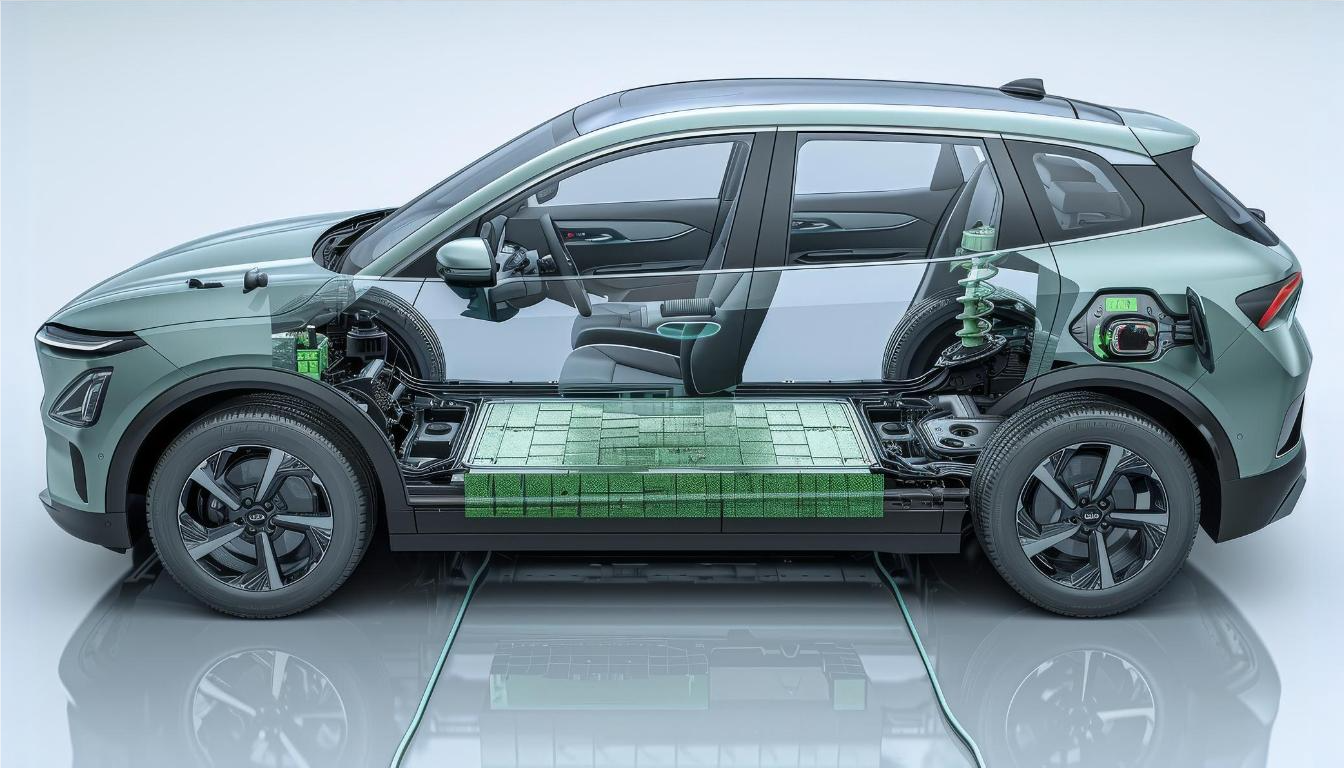
Transform EV electrical system design with virtual twin
Designing the electrical system of an electric vehicle (EV) involves integrating complex components like the battery management system, power electronics, inverters, motors, and charging systems, all while ensuring optimal energy efficiency, performance, and safety. This process also requires managing thermal concerns, energy distribution, and fault tolerance.
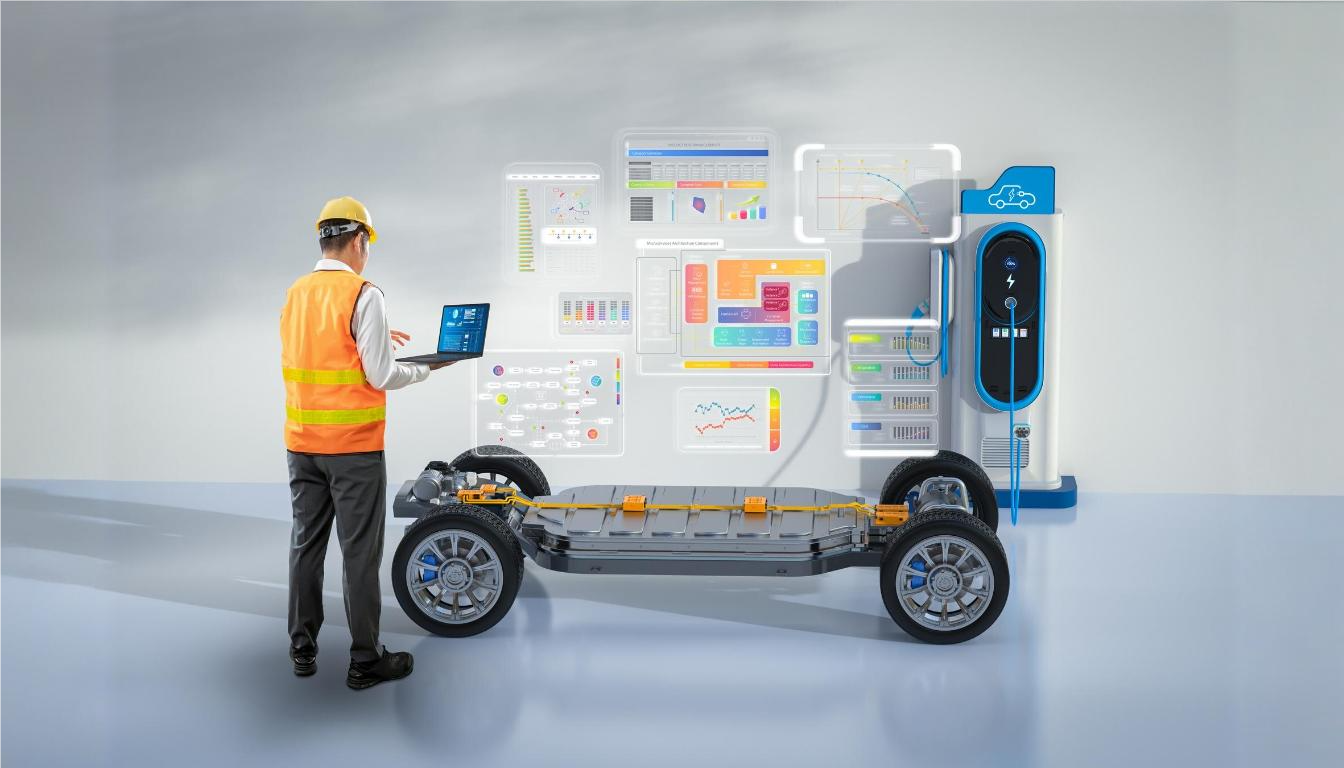
Accelerate the EV Design Process with Integrated Product Lifecycle Solution
In the fast-paced electric vehicle (EV) industry, accelerating the design process while ensuring efficiency and collaboration is critical. ENOVIA, an integrated product lifecycle management (PLM) solution, addresses these challenges by connecting all stages of the EV development process, from concept to production.
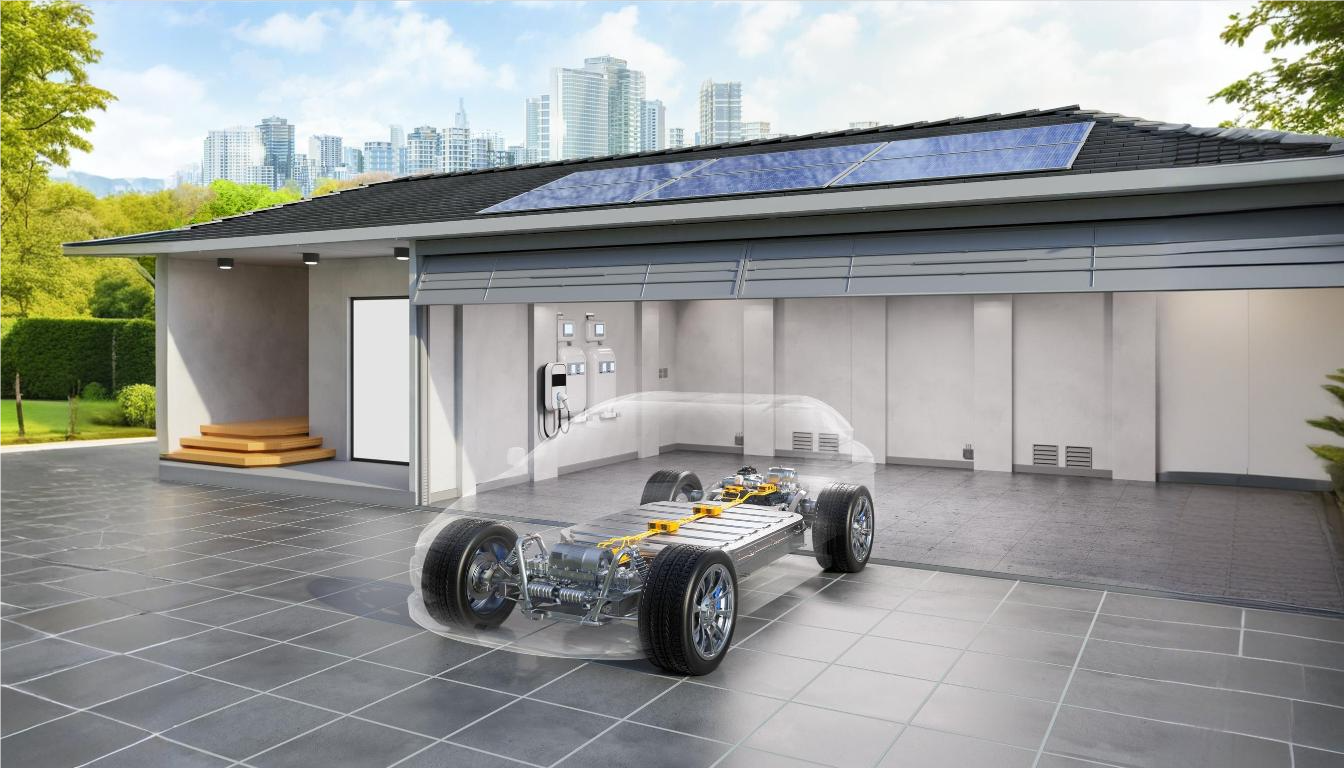
Transform EV Mobility with Advanced Simulation
In the electric vehicle (EV) industry, achieving high performance, energy efficiency, and safety requires intricate simulations of various vehicle systems, including the powertrain, battery management, aerodynamics, and thermal dynamics. Traditional testing methods can be costly, time-consuming, and limited in scope. SIMULIA, Dassault Systèmes' advanced simulation solution, transforms EV mobility by enabling highly detailed and accurate simulations of the entire vehicle lifecycle. From optimizing battery performance to simulating crash safety and energy efficiency, SIMULIA helps manufacturers accelerate innovation, reduce physical testing, and enhance the performance and sustainability of electric vehicles. By leveraging SIMULIA’s capabilities, EV makers can test a range of scenarios in a virtual environment, ensuring better designs, faster time-to-market, and improved overall vehicle performance.
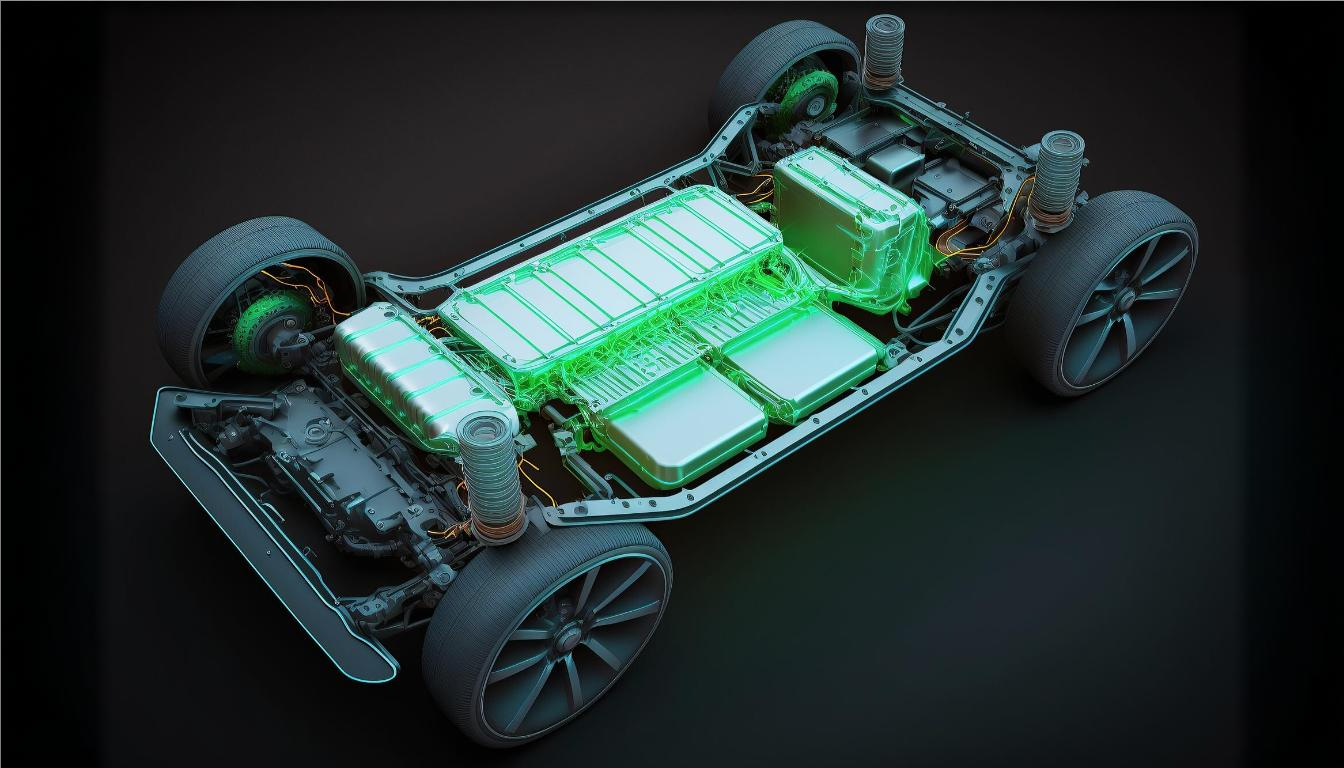
Optimize EV BMS with Virtual Prototyping
In the electric vehicle (EV) industry, developing high-performance, reliable, and energy-efficient systems requires rigorous testing and optimization, especially for complex components like powertrains, battery management systems (BMS), and electronic control units (ECUs).
Latest Blog Posts
Discover our most recent posts across all industries, brands and topics.

An Integrated Solution for Manufacturing Complex Parts
Globalization and the fluctuations in customer demand in various industries have made manufacturing companies to rethink their current manufacturing process. The components are becoming very…

Innovating with Light: Advanced Optical Solutions for Automotive, Medical, and Photonic Systems
The rapidly evolving optical industry demands cutting-edge systems with exceptional precision and accuracy. As the market for these advanced solutions grows, engineers and manufacturers must…

How does Adoption of CATIA 3D Master benefit Design and Manufacturing Companies?
The emerging trends in the market and the progression towards Industry 4.0 indicate an increased need for “Model Based Definition” (MBD) or 3D GD&T in…

How to Ensure Uninterrupted Analysis in Abaqus by using Restart Analysis?
The one aspect which is the most desirable while performing an analysis is that it should complete without any errors or interruptions. However, this is…

Overcoming Electric Vehicle Design Challenges with SaberRD
Introduction: Addressing Electric Vehicle Design Challenges Designing electric vehicles (EVs) comes with unique challenges, from optimizing battery performance to ensuring efficient power distribution. However, most…

Driving the Future: Empowering EV Manufacturers and Charging Infrastructure Developers with Location Analytics
In the rapidly evolving landscape of electric vehicles (EVs), EV manufacturers and EV infrastructure developers face the critical challenge of strategically selecting optimal locations for…
Resources
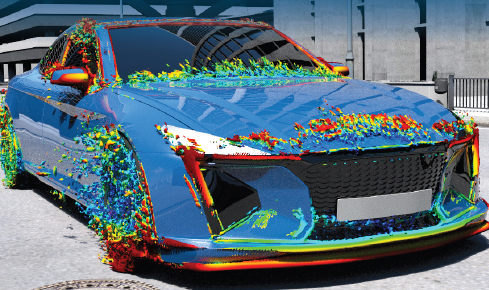
Vehicle Styling for Aerodynamics, Efficiency, and Certification
SIMULIA simulation solutions can be used to accelerate innovation and reduce the risk involved in developing new vehicle designs. As well as enabling right-first-time designs…
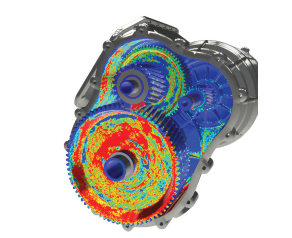
ACCELERATED ELECTRIC-DRIVE INNOVATION
Revolutionizing e-drive development with an innovative MODSIM approach, which unifies modeling and simulation on a common data model. This method empowers engineering teams to collaborate…
